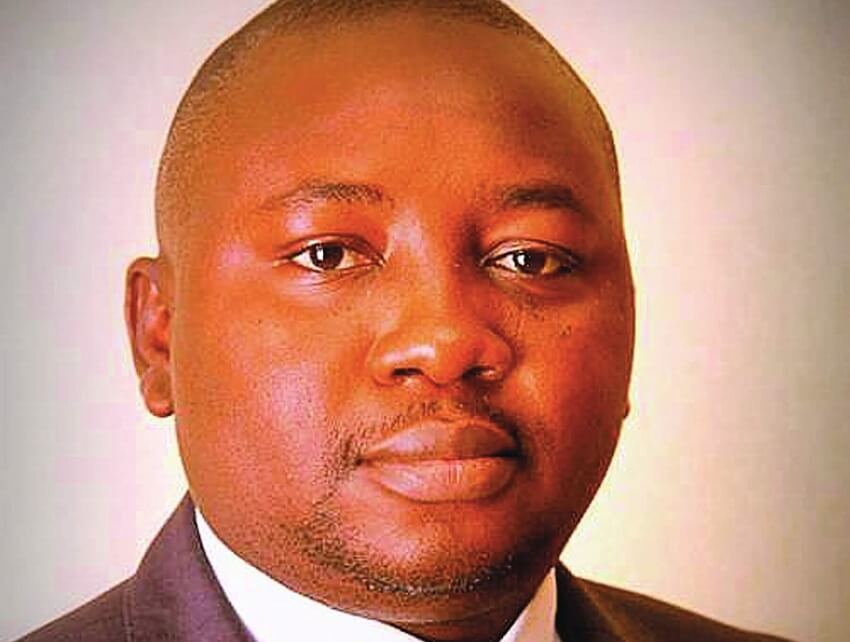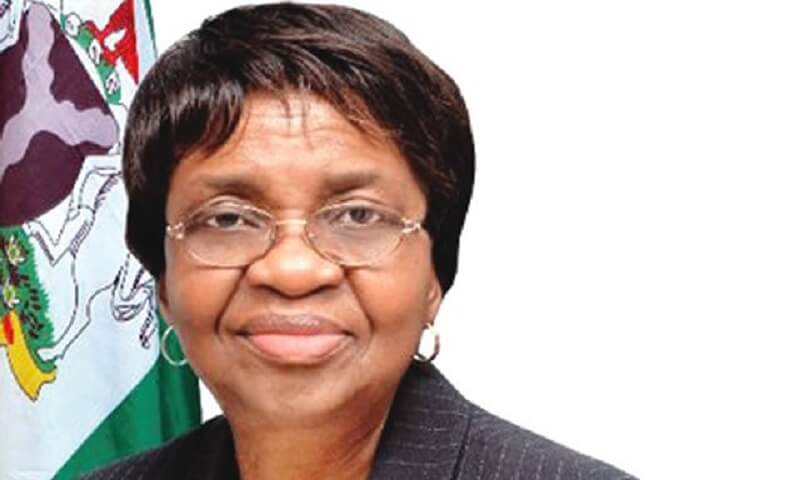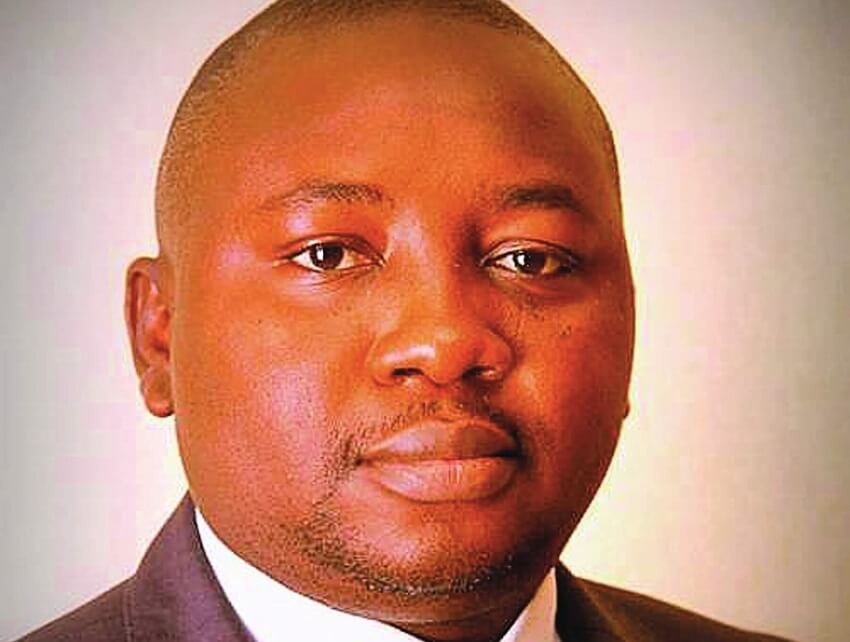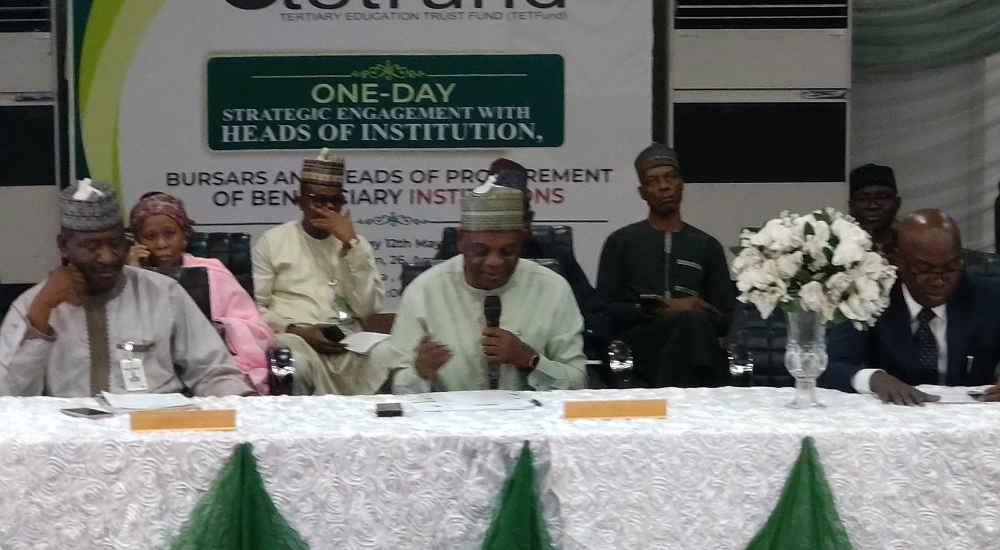Nigeria Needs $10bn Annually To Fix Electricity Problem – Adelabu

The Minister of Power, Adebayo Adelabu, has said the country needs $10bn annually to fix its electricity challenges.
Adelabu stated that on Tuesday, during the commissioning of a 2.5MW solar PV power plant at the Nigerian Defence Academy in Kaduna.
The project, implemented by the ministry in collaboration with the Rural Electrification Agency, is part of the government’s broader mandate to expand access to clean and reliable electricity.
The Minister of Power emphasised the importance of renewable energy in achieving the government’s vision for a secure, self-reliant, and energy-efficient Nigeria.
“Powering the academy with renewable energy aligns with our vision for a secure, self-reliant, and energy-efficient Nigeria,” the minister said.
Adelabu revealed that the country needs approximately $10 billion annually for the next 20 years to achieve functional, reliable, and stable electricity.
This staggering figure highlights the enormity of the challenge facing the nation’s power sector.
Speaking further, the minister also highlighted the importance of partnership between the power sector and the military in achieving national development.
“We urge the continued collaboration of the Nigerian Armed Forces in safeguarding the sector’s infrastructure and workforce. The military’s role in protecting critical power infrastructure is crucial, especially given the rising cases of vandalism on critical power assets and attacks on power sector personnel across the country,” he said.
Despite the progress made, the minister acknowledged the challenges that lie ahead, saying that “recent developments, such as the regrettable incident involving military personnel and staff of Ikeja Electric, are unfortunate and counterproductive. Such actions undermine the progress being made and should be avoided.”
The minister emphasised that the power sector and the military share a common objective – to achieve national development through sustainable electricity supply.
“Our shared objective is a Nigeria where sustainable electricity supply supports growth, security, and prosperity for all.
“As we commission these power plants today, let it stand not only as a symbol of clean energy advancement but also as a sign of further cooperation between the Nigerian power sector and the Nigerian military,” the minister added.
On what it takes for the country to have a stable power supply, the minister emphasised the importance of a solid legislative and policy foundation while noting that the current administration under President Bola Tinubu has achieved much by signing emerging bills into an act to end the power sector challenges that have lingered for over decades.
“This administration has achieved this by signing the energy bill into an act. This bill has achieved liberation and decentralisation of the power sector to enable all levels of government – federal, state, and local – to legally and morally play roles in the power sector,” he said.
Adelabu also highlighted the significant infrastructure deficit that has built up over the years. “We talk about fixing the infrastructure deficit, which has piled up over the last 60 years due to a lack of maintenance and lack of additional investment to revive our transmission grid,” he said.
According to him, this deficit is a major obstacle to achieving a reliable electricity supply.
Another critical issue is the metering gap, which the minister described as “over 50 per cent.”
To address this, he said, the Presidential Power Initiative aims to install 18 million meters in the next five years, adding, “This will ensure transparent and credible billing,” the minister said.
The minister encouraged state governments to invest in mini-power projects and track distribution companies’ performance to ensure accountability.
“More than 11 states have gained autonomy, with more on the way. They can now play roles in the power from generation to transmission to distribution and even metering,” said.
He continued that the road to achieving a reliable electricity supply in the country is long and challenging, noting, however, that with a solid legislative foundation, investment in infrastructure, and a focus on metering, there is hope for improvement.
“For us to achieve functional, reliable and stable electricity in Nigeria, we need not less than 10 billion dollars annually for the next ten to twenty years,” the minister added.
Nigeria Needs $10bn Annually To Fix Electricity Problem – Adelabu is first published on The Whistler Newspaper





